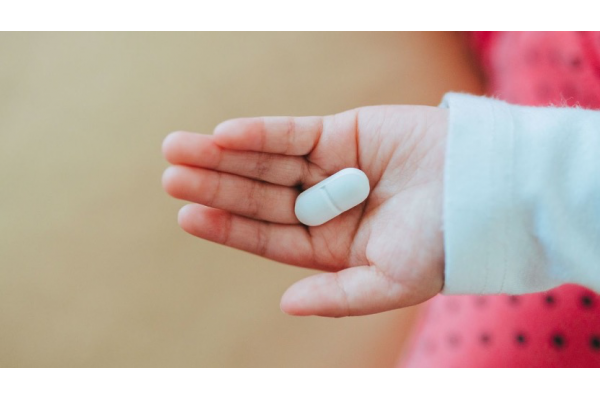Kids under 6 were increasingly treated for illicit substance ingestion after Covid-19’s start, study says
April 24, 2023
Source: drugdu
 351
351

The outbreak of Covid-19 presented many dangers for children, and a new study suggests increased illicit substance ingestions were among them.
In the first month of the pandemic in 2020, a 25% increase in overall ingestions occurred among children under 6 years old in the United States, according to the study published Friday in JAMA Network Open.
Those numbers grew by 1.8% more per month than they did before the pandemic, the study said.
“The immediate and sustained increase in opioids ingestions occurred during the largest ever rise in adult overdose deaths, largely driven by synthetic opioids,” said lead study author Dr. Brittany Raffa, a clinical instructor in pediatrics at the University of North Carolina at Chapel Hill and a National Research Service Award primary care research fellow.
The study looked at data from 7,659 children under age 6 who were treated for ingestion of amphetamines, benzodiazepines, cannabis, cocaine, ethanol and opioids across 46 children’s hospitals, the study said.
More research would be needed to know why ingestions by children went up, but the study stressed a need to identify interventions around parental mental health, offer substance treatment services, provide accessible childcare and educate adults about storing substances.
“Families were left without adequate child supervision with most childcare centers and schools closed or virtual (during the early part of the pandemic),” Raffa said in an email. “As overall stress and parental substance use increased, substance use treatment centers and mental health care were disrupted.”
Dodington said, “Notably, the cannabis and opioid ingestion elevations are stark, and this study points to the need to develop more comprehensive childhood ingestion prevention strategies.”
Those ingestions that rose in children were similar to substances that appear to have increased in usage by adults in the pandemic, although some research has differing information on drug use trends, said Dr. Danielle Ompad, professor of epidemiology at New York University. Ompad was not involved in the study.
The results could be skewed if health care providers were on the lookout for ingestions, Dodington added.
“Given the increase in opioid and cannabis use across the US, healthcare providers may be testing more often for children, and we may be detecting a greater number of ingestions,” he said in an email.
As concerning as these ingestions can be, Ompad noted that there’s not any information on where or how they happened — so, the public should not be quick to blame parents or caregivers.
There was no association between medicinal or recreational cannabis legalization and the rate of cannabis ingestion encounters, according to the study.
Safer storage
Ingesting drugs and alcohol are particularly dangerous for young children, Dodington said.
When it comes to edible marijuana products, a single snack could have several times the recommended adult dose of THC, Dr. Brian Johnston, an executive committee member of the American Academy of Pediatrics’ Council on Injury, Violence and Poisoning Prevention, said in a 2021 CNN article.
THC, or tetrahydrocannabinol, is the main psychoactive compound in cannabis that produces the high sensation.
“Anyone who eats one of these products — especially a child — can experience overdose effects such as intoxication, altered perception, anxiety, panic, paranoia, dizziness, weakness, slurred speech, poor coordination, or even breathing and heart problems,” said Johnston, who was not involved in this week’s study.
Researchers and policymakers need to take action to prevent ingestions and educate and support parents and guardians about the risks to children, Dodington said.
And along with mental health and addiction interventions, education efforts should focus on safe storage — especially of edibles, he said.
Ideally, people living with or visited by children should not store drugs at home or in a place where youngsters have access to, Ompad said.
If you do use drugs and store them at home, make sure they are locked up when children are around and are in a childproof-container or safe, she added.
“This is particularly true for cannabis edibles or any other drug that looks like food or sweets — they are tempting to kids,” Ompad said.
Reference:https://edition.cnn.com/2023/04/21/health/kids-illicit-substances-wellness/index.html
By editorRead more on
- 20-Valent Pneumococcal Vaccine Approved for Clinical Trials January 20, 2026
- ADC205 Tablets Received Approval for Drug Clinical Trial January 20, 2026
- Sifang Optoelectronics makes strategic investment in Changhe Biotechnology January 20, 2026
- Mingde Bio plans to acquire a 51% stake in Hunan Lanyi through capital increase and acquisition January 20, 2026
- accelerating the transition of CLL treatment into a “chemotherapy-free era”. January 20, 2026
your submission has already been received.
OK
Subscribe
Please enter a valid Email address!
Submit
The most relevant industry news & insight will be sent to you every two weeks.



